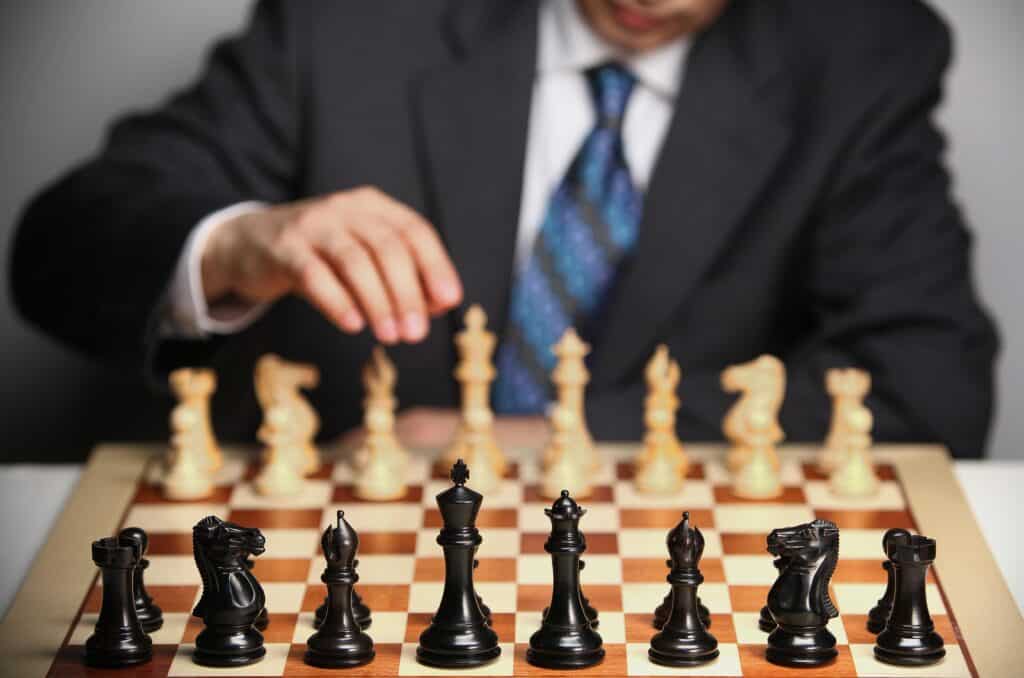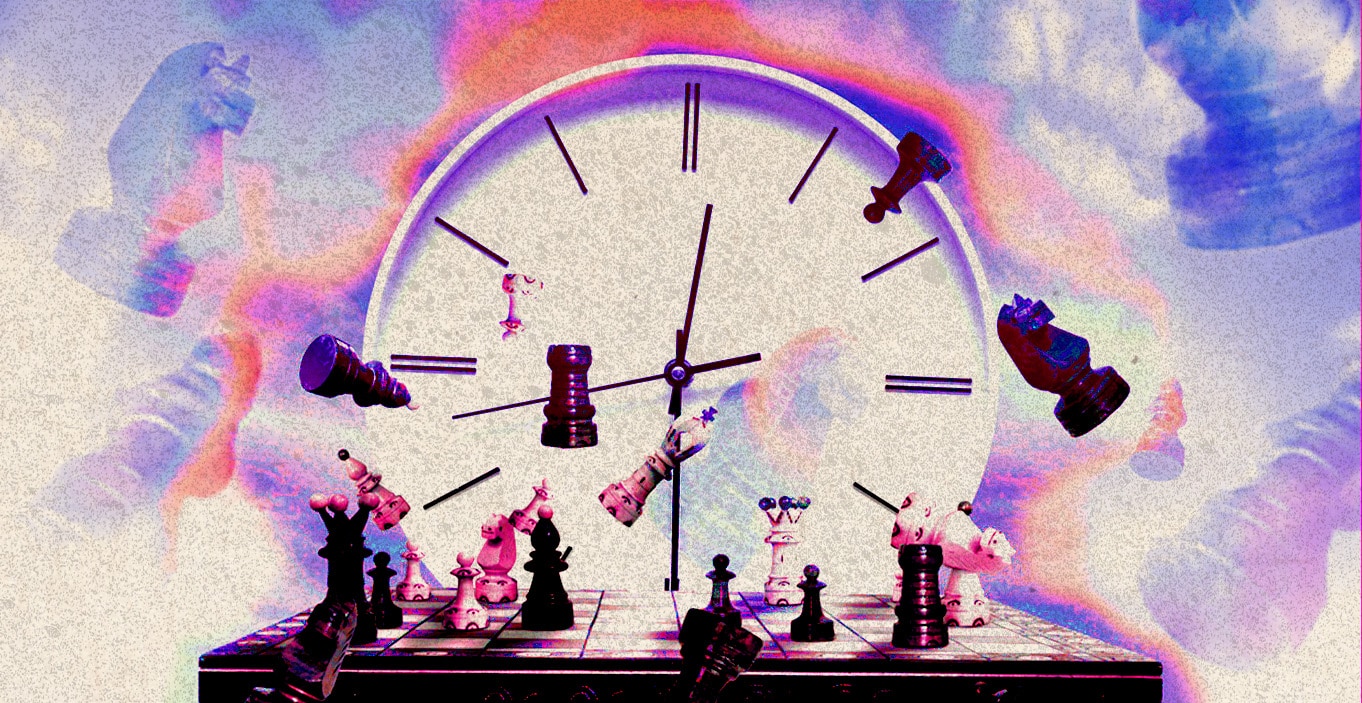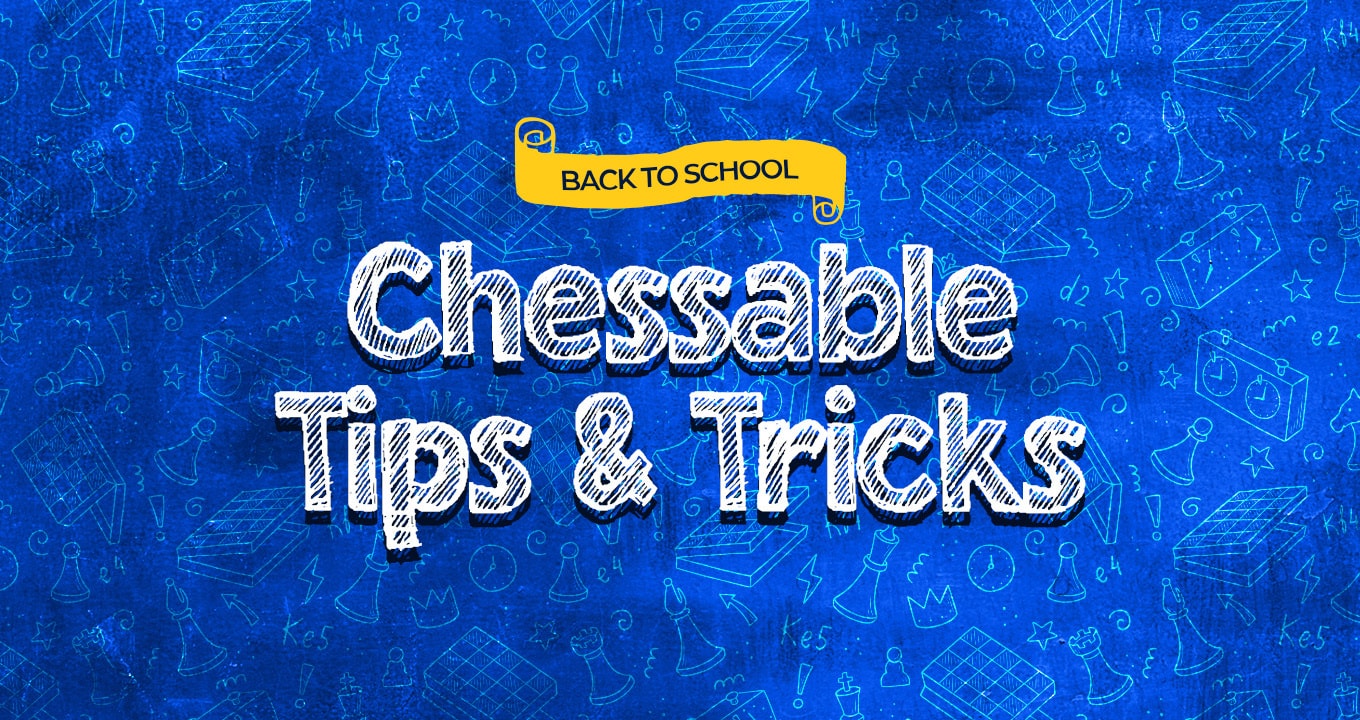How can chess players set about improving as an adult?
We are delighted to bring you a new guest post by Grandmaster Alex Colovic. Alex’s posts are always full of sound advice, usually with an intriguing twist.
Today, for example, we are asked to reconsider what we think about entering our ‘comfort zone.’

Improving as an Adult
You don’t need research to know that in chess kids improve faster than adults. To make it worse, sometimes it seems that adults, no matter how hard they try, don’t improve at all.
I think this has happened to everybody. Even the best players in the world improve the most in their teenage years. Sooner or later everybody reaches a plateau.
It happened to me too. For way too long I was stuck at the same level. As years passed by I understood chess better, my knowledge of openings, middlegames and endgames increased, but my ability and results remained more or less the same. Needless to say that this was frustrating.
A Surprising Insight
After very deep introspection I came to a very surprising insight. I won’t talk here about the every-day work I did on improving my calculational abilities. Work goes without saying. What I learned was the importance of comfort. I know that we’re always advised to “get out of our comfort zone” but this is different.
On our path we are influenced by many people all the time – whether they are our idols, the great champions of past and present, our friends, a certain playing style, perhaps a book. While all these influences enrich us and our understanding of the game, they may also lead to loss of contact with our own tastes and preferences.
This is what happened to me. I was playing in a certain style and I was getting certain positions that weren’t exactly to my liking and the problem lay in the fact that I wasn’t aware of that. I always had some lingering feeling, but I couldn’t really pinpoint what it was. The above-mentioned deep introspection led me to the truth – I wasn’t comfortable over the board with the positions I was getting and with the way I was playing.

True Nature and Misguided Choices
This was truly an eye-opener. The vague pressure I was feeling that I should be playing in a certain way or that chess should be played in a certain way disappeared. I was free to play the way I felt was right for me. I was free to change my repertoire, to play what was suited to my true nature.
An example for a “misguided” choice was the Grunfeld Defence. I am still in love with the opening, and probably if I started playing it again I would play it much better than before, but my realisation led me to a better understanding of where I feel more comfortable – I feel more comfortable with a stable centre, rather than the fluid one in the Grunfeld. So in spite of my excellent preparation my results in the Grunfeld were mediocre. Upon switching to the Slav Defense and the Queen’s Gambit Declined, my results improved.
The concept of comfort doesn’t concern the openings only. It also concerns the manner in which you play. If you true nature inclines you toward calmer play, don’t feel forced to play like Tal just because he’s your idol. You may like to play that way, but it will never work and you’ll suffer. Do what works best for you, find your own way.
The Positive Connotation
After discovering my “comfort zone” (here with a positive connotation!) I started enjoying chess more. I was doing the thing I like in a way I liked doing it. Enjoying chess is one of the primary prerequisites for improvement.
When you sit at the board and you want to be there, you are looking forward to the game and the way in which you will express yourself in that game, then it is very likely that you will play if not the best, then at least very close to what your best chess is at that point. Only in such a state of mind can you implement all the work you have done on your openings, calculation, endgames.
And then, finally, you can improve. You will play with inner peace that comes after finding your true self and in that state everything you have learned will start coming to the surface. Playing chess will feel wonderful again.
Further Reading
Thank you, Alex, for your illuminating thoughts on improving as an adult.
Readers can find more excellent and instructive articles on Alex’s official website.
Click here to find Alex’s Chessable course and here for our Chessable interview.




